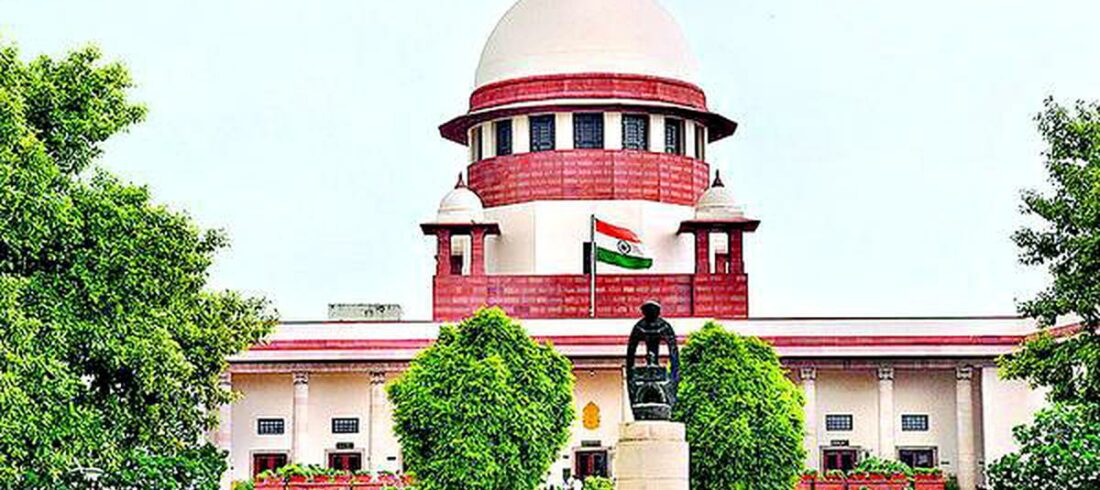The Director General of the Competition Commission of India (CCI) recently issued summonses to two senior officials, among them a Director of Shyam Steel Industries Ltd., in connection with the investigation being conducted into the alleged cartelization by steel manufacturers. The Calcutta High Court recently declined to stay the summonses.
Background
The contested summons made reference to a DG, CCI investigation into suspected cartelization by steel manufacturers in accordance with the Competition Act, 2002. It stated that the DG learned that the petitioner company’s director could have material important to the inquiry. In order to carry out the authority granted by section 41(2) read in conjunction with section 36(2) of the Act, the Director was called on April 25, 2023.
The lawyer for the petitioners claimed that the impugned summons was issued without consideration of the legal requirement under section 26(1) of the Act and that the Director General must first form a prima facie opinion about the Commission before being instructed to cause an investigation. The counsel also cited a Madras High Court ruling from Coimbatore Corporation Contractors Welfare Association v. Central Bureau of Investigation, dated July 29, 2021, in which the court ordered the Director-General to follow the law. It was claimed that the corporation was not mentioned in the Madras High Court ruling and that the petitioners were first made aware of the Commission’s decision, dated August 23, 2021, ordering the DG to conduct an investigation in accordance with the order, on April 21, 2023.
On the other side, the ASG for the CCI said that following the Madras High Court’s judgement, the Director General was left with no alternative but to launch an inquiry. Furthermore, it was argued that the inquiry has a greater public interest because the allegations surround the alleged manipulation of steel pricing, and the balance of convenience favours keeping the probe going.
Analysis
The Supreme Court acknowledged the requirement of the formation of an opinion in Competition Commission of India v. Steel Authority of India Limited (2010) 10 SCC 744. The Court also noted that Section 26(1) of the Act requires the Commission to form an opinion on the existence of a prima facie case before directing the DG to investigate the matter.
The Central Bureau of Investigation and the Deputy Superintendent of Police were the targets of a complaint from the Coimbatore Corporation Contractors Welfare Association alleging profiteering and an increase in steel prices by a syndicate of steel owners. The Madras High Court issued an order on that complaint on 29 July 2021, the court noted. The court did observe that the claimed complaint did not name the petitioner corporation. The Madras High Court was of the opinion that since the complaint had already been forwarded to the DG (Investigation), CCI, the DG in question should be instructed to proceed further in this regard and take appropriate action on the complaint filed by the Welfare Association in accordance with law. The court further noted that this was the Madras High Court’s opinion.
The sequential stages for the Commission to investigate any alleged infringement upon receipt of any information, information obtained under section 19, or upon its own knowledge of such contravention are thereby compressed and incorporated into the Madras High Court ruling.
The court noted that the Madras High Court’s aforementioned order essentially jumpstarts the process by ordering the Director-General to cause an investigation without having completed the prerequisites before the Commission gave the Director-General its direction under Section 26(1) of the Act.
It further stated that neither the petitioner firm, which would likely be impacted by claims of cartelization and price increases by steel companies, nor any of the steel companies named in the order had objected to the Madras High Court’s ruling.
The Supreme Court’s decision in Steel Authority of India, which ruled that section 26(1) of the Act excludes the principles of natural justice by necessary inference, was cited by the court in support of its ruling.
The court concluded that the petitioners have no basis to hinder the inquiry and request suspension of or interference with the process in the absence of a jurisdictional mistake. If the prima facie case is no longer valid, the petitioners have another way out under Section 26(2) of the Act, which allows for the closure of the entire procedure. The petitioners have the chance to refute the accusations brought against them and bring the case to a closure.
The Court noted that the claims of cartelization and manipulation of the supply and price of steel had effects on the general public, including end-users, customers, and house purchasers, in addition to a small number of individuals. It was noted that the probe must go on because of the wider public interest aspect.
Judgment
The court held that price manipulation has an impact that extends beyond the societal norm and may be viewed as “actions in rem.” Therefore, the petitioners have a responsibility to aid in the inquiry process and provide the Director General permission to follow the Madras High Court’s instruction. In light of this, the court observed that there is no urgent or compelling cause to impede the inquiry by ordering the respondents to refrain from acting in response to the contested summons.






